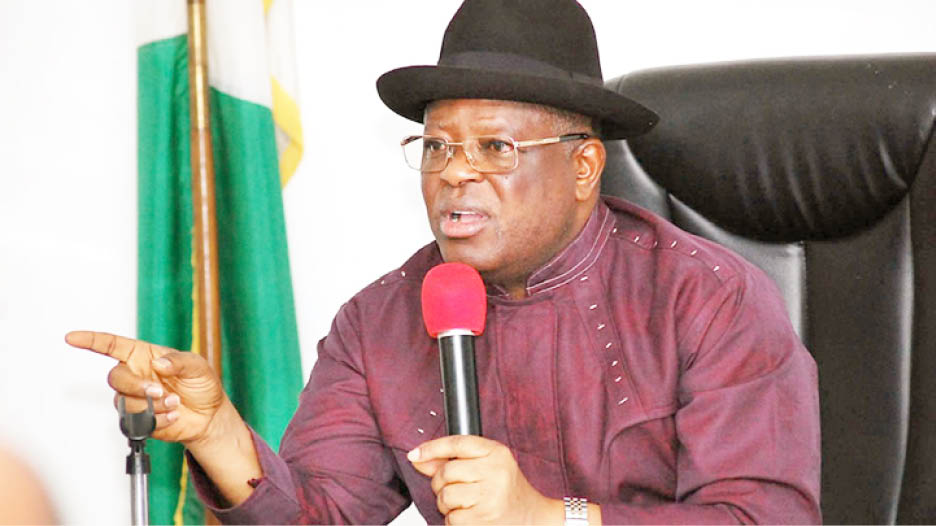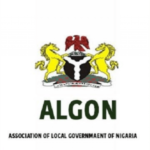The National Economic Council (NEC) has received a budget proposal of N100 billion to fund National Livestock Transformation Plan (NLTP) 2019-2028, an initiative which was adopted on Thursday at a meeting presided over by Vice President Yemi Osinbajo.
The Chairman of the sub-committee on herders/farmers crisis and Governor of Ebonyi state, David Umahi, briefed journalists on the NLTP, which was presented to the NEC.
Governor Umahi said the plan was not targeted only on cows but a holistic strategy to address animal husbandry.
He said the plan had six pillars through which it aimed to transform the livestock production system in Nigeria along market-oriented value chain while ensuring an atmosphere of peace and justice.
“The six key pillars include: economic development (investment), conflict resolution, justice and peace, humanitarian relief and early recovery (that is to IDPs), human capital development and cross-cutting issues such as gender, youth, research and information and strategic communication,” he added.
He said the NLTP which was conceived on January 18, 2019 was a creation of National Economic Council (NEC) in liaison with the federal government.
Umahi, who said states would determine whether or not to participate, added that the federal government did not impose the plan as participation remained voluntary.
He said going by the implementation guidelines proposed by his committee, the federal government is to contribute 80 percent in grant to support the project while states will contribute land, project implementation structure, personnel and 20 percent cost of the project.
He said the council underscored the need to continue to establish that the NLTP was a creation of NEC and state governors with Minister of Agriculture and Minister of Interior as members of the committee.
He said the plan, which take-off date was yet to be decided, was ‘entirely distinct from Ruga’.
The Ebonyi governor said the council resolved that there was need to look at the trans-human West African protocol as the current “movement of cattle” could not be allowed to continue “without registration and monitoring”.

 Join Daily Trust WhatsApp Community For Quick Access To News and Happenings Around You.
Join Daily Trust WhatsApp Community For Quick Access To News and Happenings Around You.


